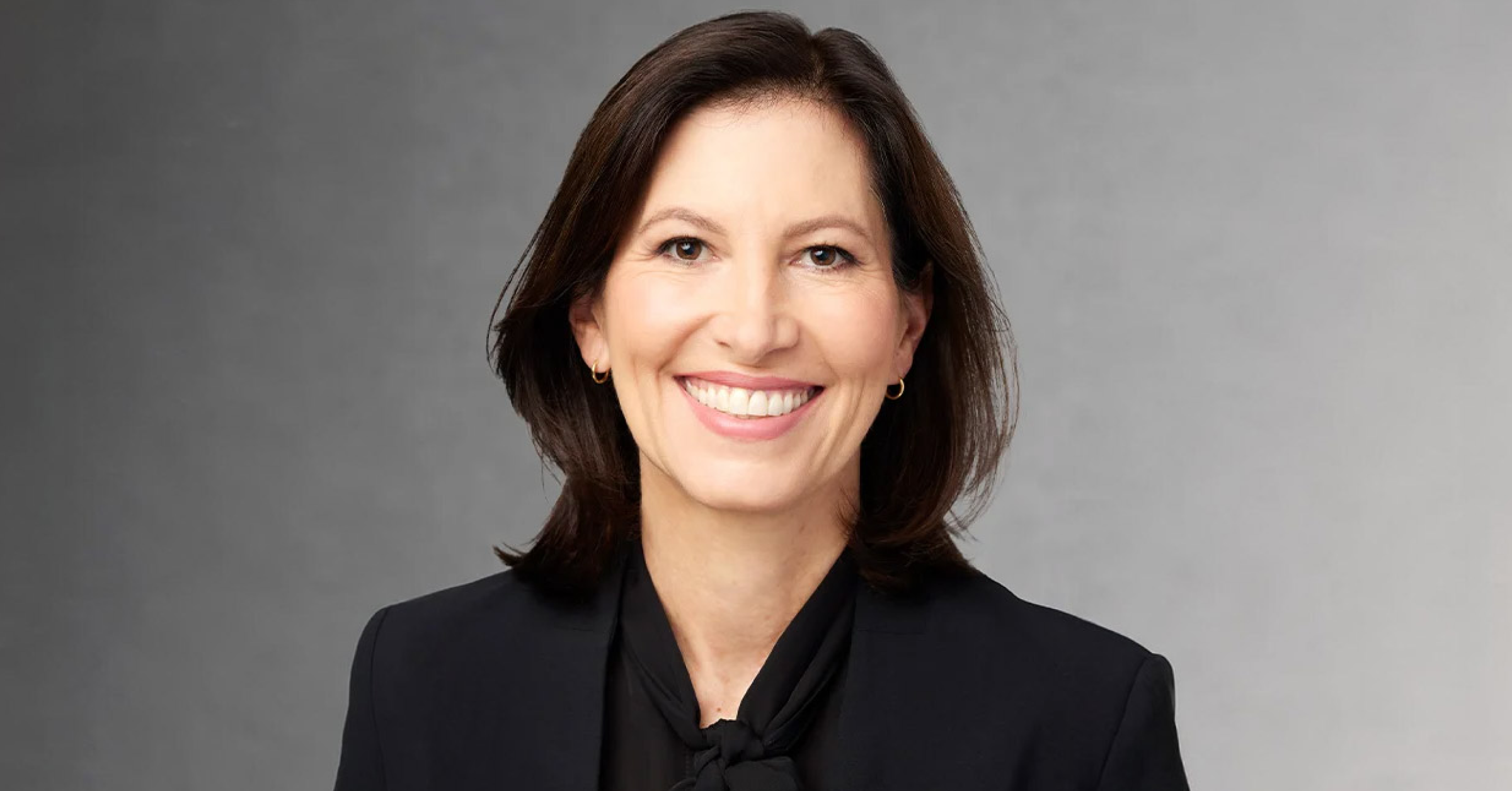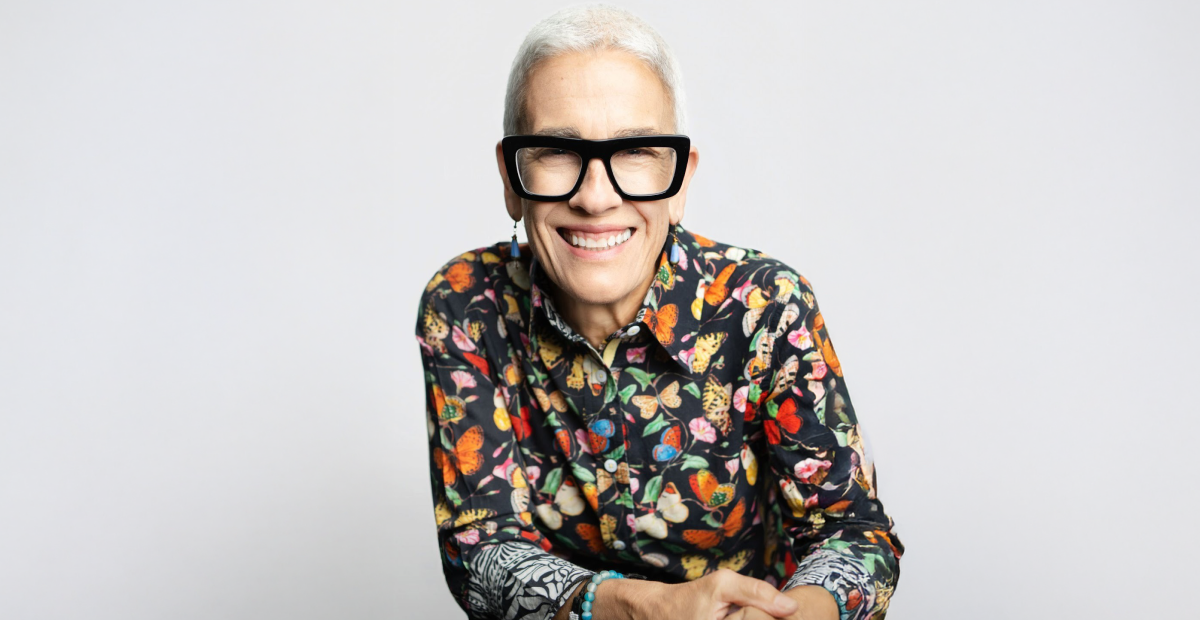$1.5 billion at the box office. The No. 1 film at Warner Brothers and top 20 films in history. A top five global toy property. After the explosive year that 2023 was for Barbie as a brand, there isn’t just one benchmark that Mattel’s EVP, Chief Brand Officer Lisa McKnight can hang her hat on.
Overseeing global strategy for Mattel brands, McKnight, a winner of Chief’s The New Era of Leadership Award, has had a powerful role specifically in leading the No. 1 doll property in the world through a landmark year marked by over 400 nominations and 197 awards (including three Grammys and one Academy Award) for the long-awaited, much-hyped Barbie movie.
“Goosebumps is certainly the word,” McKnight says of the project’s success after years in the making.
Still, she’s sure to give credit to her team. She freely doles out shoutouts to Greta Gerwig, Margot Robbie, Mattel CEO Ynon Krieiz whose entertainment background was instrumental in getting a meeting with the actress’s production company; and Robbie Brenner, President of Mattel Films, a more recent division and in-house film studio created in 2018 for developing movies based on Mattel’s beloved toy properties.
“This was a lot of work by a lot of people. I always use the expression it takes a village. Sometimes I say with Barbie, it takes a large metro area,” McKnight says. “This project was 24/7 for many years.”
Going From Idea to Execution
The process to take Gerwig’s version of Barbie to the big screen took six years, with Mattel looking to produce a Barbie movie even longer, for as long as McKnight has been with the company (25 years). Rights belonged to another film production company first, and throughout the years McKnight met with filmmakers who never quite had “the right take” before landing with Mattel Films with Gerwig directing and Robbie producing and starring in the title role.
The strategy behind Barbie’s omnipresent and long-trending status leading up to the film release was twofold, first working with Warner Brothers on the marketing of the movie itself with programs and activations driving to the box office. In parallel, the brand team at Mattel worked on non-movie-specific partnerships that celebrated Barbie while everyone was talking about the brand.
Prepping the Barbie property was also a long-game process for the brand team.
“We've been working on modernizing and evolving the Barbie brand for at least 10 years to ensure that she is a reflection of the world that kids see around them, that she stands for female empowerment, she's purpose-driven, and that she's connected to culture,” says McKnight.
The list of accomplishments for the Barbie brand is long, but McKnight says her team is always in “what’s next” mode.
“We've proven out this aspiration to evolve from a toy company to a high-performing, IP-driven toy company, and we now have a case study to point to,” she says of the Barbie property.
Borrowing the Barbie Playbook
Current strategies include mining from the Barbie movie playbook; gaming as a new vertical for Uno, Barbie and Hot Wheels; and exploring self-publishing instead of licensing as games are currently on a licensing model. (Barbie quickly became the No. 1 branded game on Roblox last year, garnering 25 million visits in one week). McKnight and team are taking their learnings from Barbie activations and applying them to Mattel’s expansive family entertainment portfolio of brands from Magic Eight Ball to Fisher Price. Thanks to the film’s everywhere-you-look marketing through countless activations and 165 partners from beauty to swimwear to home decor, travel, and media, Mattel is evolving its strategy playbook to a franchise mindset that utilizes the IP of all its brands, according to McKnight.
“How do we think about our toys and products as brands? And then even more broadly as ideas, how do we think about them as intellectual property that can extend into all different types of categories, entertainment and experiences?” McKnight says.
Mattel Films will also release a live-action feature film “Masters of the Universe” with Amazon MGM Studios in summer 2026, and relaunch the Barney franchise with an all-new animated series targeted toward millennials who grew up with the beloved dinosaur and now have families of their own.
Expect to see more of Barbie this year as she turns 65 in 2024 and Mattel celebrates her legacy with partnerships and marketing activations. The latest Barbie partnerships with female-founded brands include pickleball maker Nettie on an exclusive collection of Barbie Pickleball Paddles; a Barbie x Stacy’s pita chips collaboration with a $100K pledge to mentorship nonprofit Step Up x Dream Gap; and a cast of sweet treats in honor of Barbie’s 65th anniversary — a Sprinkles Barbie Pink Velvet cupcake; The Frozen Farmer Strawberry Lemondade sorbet pops made with “misfit fruits”; and SmartSweets Pink Lemonade Dream Gummies.
Asked about the Barbie film’s fictional portrayal of Mattel, famously depicting a sea of executive Kens, McKnight says Gerwig portrayed the company as such to make a "broader point around the gap that does exist in society across many industries and around the world.”
To help close that gap, the real Mattel looks more like the diversity represented by the 176 dolls with 35 skin tones in Barbie’s collection, with women in almost 50% of board seats and almost 50% in managerial positions as well as achieving gender parity at Mattel with a total workforce made up of 55% women globally.
As for how McKnight measures her success as a woman in the C-Suite, she takes a page from Barbie’s mission of reminding girls they can be anything and land anywhere, including the position of EVP, Chief Brand Officer of a global phenomenon.



